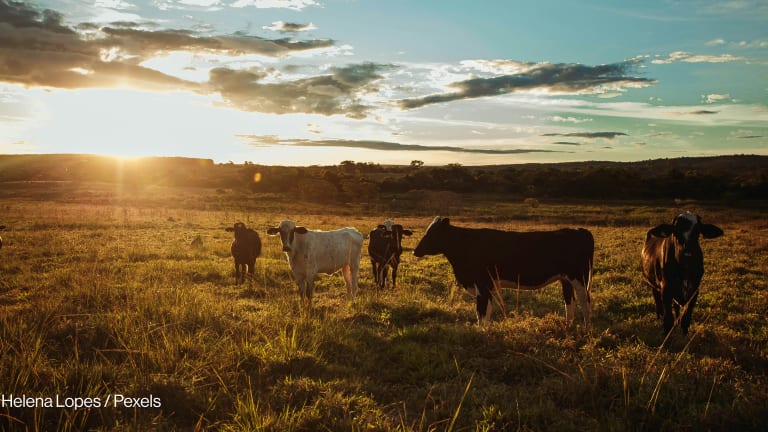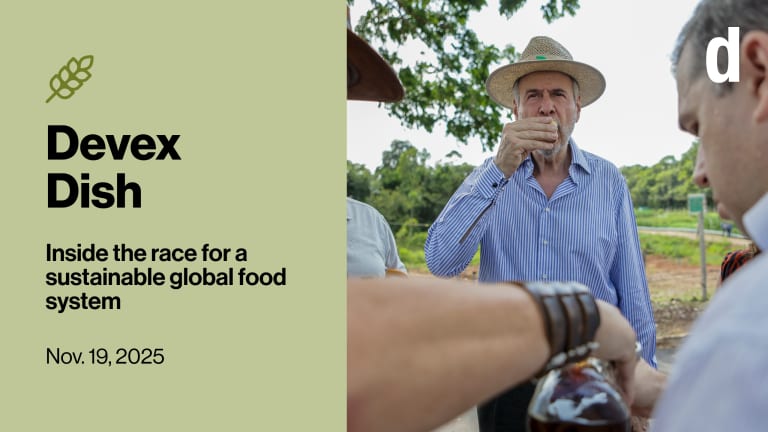At the United Nations climate conference, or COP 28, meat is on the agenda — though not necessarily on the menu.
More than 14% of global greenhouse gas emissions come from meat and dairy, according to the Food and Agriculture Organization of the United Nations, or FAO. Livestock farming is a major source of methane, carbon dioxide, and nitrous oxide. It also contributes to deforestation and biodiversity loss as land is cleared for animals to graze.
To keep global warming below the target of 1.5 degrees Celsius laid out in the 2015 Paris Agreement, experts are calling for industry reforms as well as sharp changes in people’s diets to reduce the amount of meat and dairy they are eating. It’s part of a wider conversation around promoting plant-based diets and “protein diversification” in order to improve food security and cut agrifood emissions.
Search for articles
Most Read
- 1
- 2
- 3
- 4
- 5








